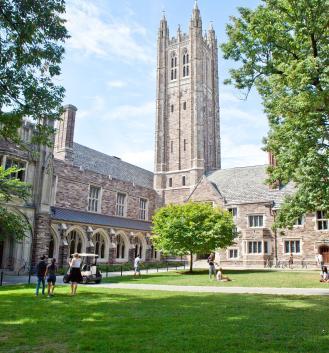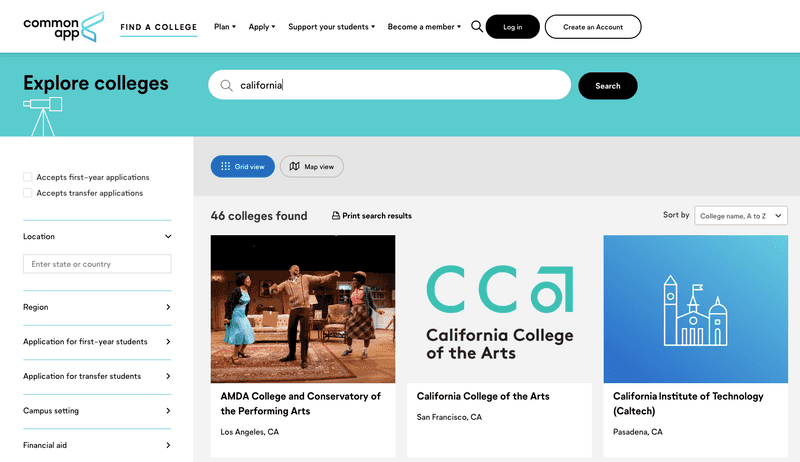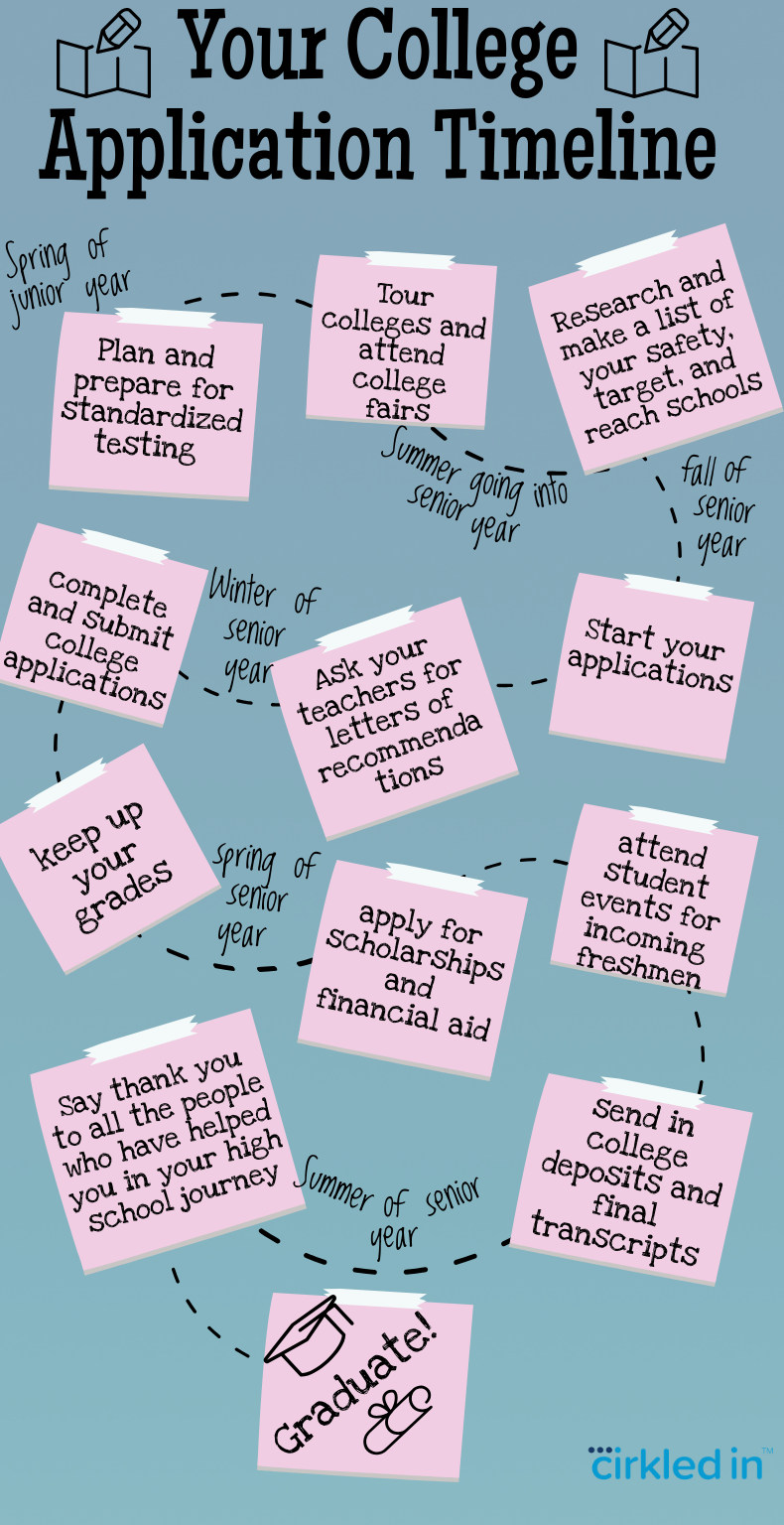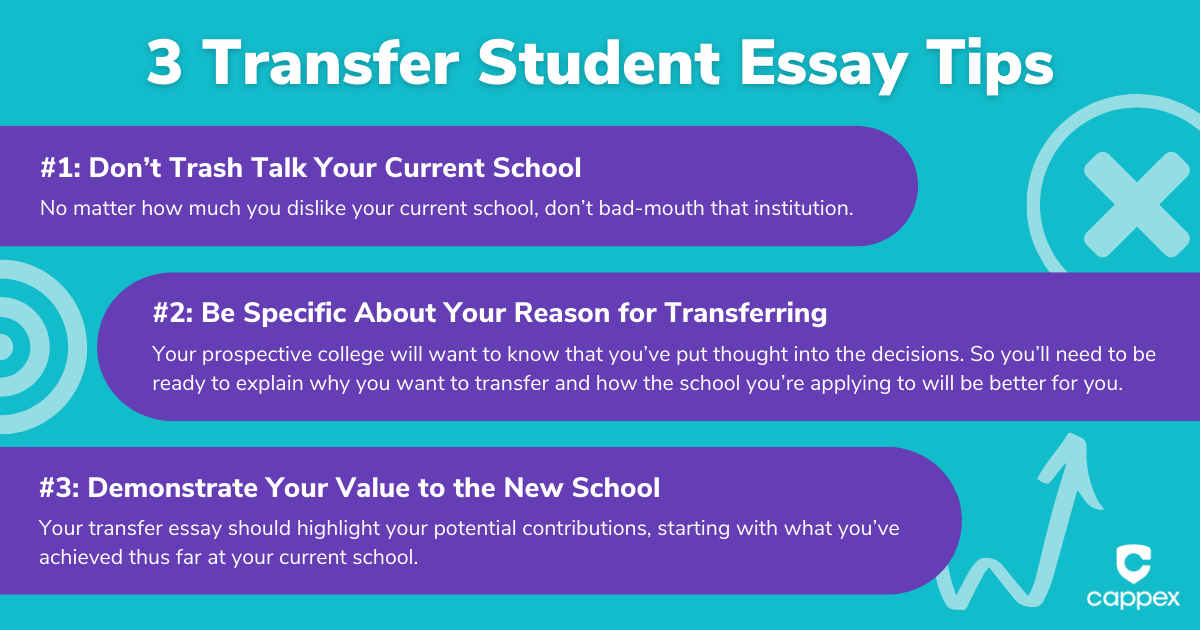Key Takeaways
Princeton’s Early Action program offers a higher acceptance rate compared to regular decision.
Applying early demonstrates your commitment to Princeton, potentially giving you an edge.
Early Action at Princeton is non-binding, allowing you to consider other offers if accepted.
You must adhere to Single-Choice Early Action rules, meaning you can’t apply early to other private institutions.
Deciding to apply Early Action should be based on readiness, eligibility, and a strong application.

“Princeton University Admission” from admission.princeton.edu and used with no modifications.
Jumping Ahead: The Perks of Early Action at Princeton
Imagine securing your spot at one of the world’s premier institutions before your peers have even finished their college applications. That’s the magic of Early Action at Princeton. It’s like a VIP pass to the college admissions process, offering a range of benefits that can set the stage for a smooth senior year and a bright future.
Understanding Early Action
Early Action is a type of early college application process where you submit your application before the regular deadline. It’s important to know that Early Action at Princeton is ‘single-choice,’ meaning if you apply there early, you agree not to apply early to other private colleges. But don’t worry, it’s not a binding agreement – if you get accepted, you’re free to consider all your options.
Higher Acceptance Rates Explained
Why do Early Action applicants at Princeton seem to have better odds? It’s simple: applying early sends a clear signal that Princeton is your first choice, which is something the admissions committee values. Besides that, the pool of early applicants is often smaller and can demonstrate a higher level of academic preparedness. This doesn’t mean it’s easier, but your application will stand out more in a less crowded field.
Is Early Action Right for You?
Deciding whether to apply Early Action requires a careful look at your circumstances. If Princeton is your dream school and your application is strong, it might be the perfect strategy. But remember, it’s not just about what you want – your application needs to be ready. This means your grades, test scores, essays, and recommendations should all be top-notch by the application deadline in early November.
Comparing Early vs. Regular Deadlines
Here’s the deal: Early Action deadlines at Princeton are in early November, while the regular decision deadline is in early January. Applying early means you’ll hear back by mid-December, giving you a significant head start on planning for your future. On the flip side, applying by the regular deadline gives you more time to polish your application and include any new accomplishments.
Early Action Eligibility Requirements
Before you get too excited, let’s make sure you’re eligible. To apply Early Action to Princeton, you must:
Have all parts of your application ready by the early November deadline.
Agree not to apply to any other private institution’s early program (public colleges and international institutions are okay).
Understand that this is a non-binding commitment – you can still say ‘no thanks’ if you get a better offer.
Unlocking the Benefits of Applying Early to Princeton
Choosing to apply through Early Action at Princeton isn’t just about getting a head start. It’s a strategic move that can unlock a treasure trove of benefits. Let’s dive into what these are and why they matter.
Demonstrating Interest and Commitment
When you apply Early Action to Princeton, you’re not just sending in an application ahead of others; you’re telling the admissions committee, “Princeton is my first choice.” This level of interest can make a significant impact on your application. Admissions officers want to fill their class with students who are eager to become part of their community, and applying early is a strong way to show that enthusiasm.
Gaining Admission Peace of Mind
Getting your acceptance letter in December is more than just a great early Christmas present. It means you can breathe a sigh of relief for the rest of your senior year. While others are stressing over applications and waiting anxiously for decisions, you can focus on finishing high school strong, knowing your next step is secure.
Focusing On Your Senior Year Sooner
With your college plans settled early, you can turn your attention back to where it matters most: your current studies and experiences. You’ll have the mental bandwidth to dive into your senior year projects, take on leadership roles, and enjoy the last months of high school without the looming pressure of college applications.
Advantageous Financial Aid Consideration
Applying early can also put you in a favorable position for financial aid. Since you’re applying ahead of the crowd, financial aid resources are at their peak, and your chances of receiving a generous package may be better. It’s a smart move to secure the funds you need to support your education at a prestigious institution like Princeton.
Potential Drawbacks of Early Action at Princeton
But hold on – it’s not all smooth sailing. There are a couple of potential drawbacks to consider before you decide that Early Action is the right choice for you.
Single-Choice Limitations
Princeton’s Early Action is ‘single-choice’, which means you’re restricted from applying to other private colleges’ early programs. This limitation can be a deal-breaker if you’re also eyeing other elite schools and want to keep your options open. You’ll need to weigh your desire for Princeton against the possibility of exploring other early offers.
Reduced Comparison with Other Offers
Accepting an Early Action offer from Princeton also means you might miss out on comparing offers from other schools. If you’re someone who wants to see all your options side by side before making a decision, applying early may limit your ability to do so. This is a significant consideration, especially when it comes to financial aid packages and scholarship opportunities.
Strategizing Your Application
Applying to college, especially a competitive one like Princeton, requires a well-thought-out strategy. If Princeton is at the top of your list and you’re ready to commit, Early Action could be a brilliant move. But it’s crucial to make sure your application is the best it can be.
Here’s what you need to focus on:
Academic Record: Make sure your grades up to junior year are stellar. Princeton wants the best of the best.
Standardized Test Scores: Aim for scores that are well above average. If Princeton is your dream, your SAT or ACT scores should reflect that.
Essays: Start crafting your essays early. They should be personal, insightful, and meticulously edited.
Recommendations: Secure recommendations from teachers who know you well and can speak to your strengths.
Extracurriculars: Highlight your leadership and commitment in a few activities rather than a scattered involvement in many.
Remember, applying Early Action to Princeton isn’t just about being early; it’s about being ready. If you can check all these boxes, then you might just have what it takes to be a Tiger.
When Early Action Makes Sense
Let’s get down to brass tacks: Early Action at Princeton makes sense if you’ve got your heart set on being a Tiger and your application is already roaring with potential. If Princeton is your clear front-runner and you’ve got the grades, scores, and extracurriculars to back up your application, Early Action could be your golden ticket.
Most importantly, if you’re the kind of student who’s had their eye on Princeton since freshman year and you’ve planned your high school career around this goal, applying Early Action shows that you’re serious. It’s a commitment, and it tells the admissions committee that you’re all in. That’s a powerful message.
Therefore, if you’re ready to commit and your application is polished to perfection, why wait? Apply Early Action to Princeton and get a head start on making your dream a reality. Just remember, your application needs to be complete and competitive by the November deadline.
What You Need Before You Apply
Before you hit ‘submit’ on that Early Action application, there’s a checklist you need to tick off. You need to have your academic transcript, standardized test scores, essays, recommendation letters, and a list of extracurricular activities ready to go. And they better be impressive. Princeton isn’t looking for just good students; they’re looking for the best. For help crafting a standout college admission essay, check out our admission essay tips.
For example, let’s say you’ve been a part of the debate team since freshman year, steadily earning leadership positions and awards. Your recommendation letters should come from your debate coach and teachers who can speak to your eloquence, critical thinking, and leadership. That’s the kind of well-rounded excellence Princeton is scouting for.
Besides that, you should also have a clear understanding of Princeton’s Early Action policy. You’re committing to a single-choice Early Action program, which means you can’t apply early to other private colleges. If you’re okay with that because Princeton is your number one, then you’re good to go.
Lastly, give yourself a pat on the back. You’re about to take a big step toward your future, and that takes courage. Make sure you’re doing it for the right reasons and that you’re prepared for whatever answer comes back in December.
FAQ
You’ve got questions, I’ve got answers. Here’s the lowdown on some of the most common queries about applying Early Action to Princeton.
Can you still apply to other colleges if you choose Princeton’s early action?
Yes, you can still apply to other colleges after you’ve applied to Princeton’s Early Action program, but there’s a catch. You can’t apply early to any other private institution. You can apply to public universities or international schools early if they allow it, and you can apply to any college under their regular decision timelines.
What happens if you get accepted into Princeton early action?
If you get that coveted acceptance letter from Princeton in December, first off, congratulations! But remember, Early Action at Princeton is non-binding. This means you have until the regular decision deadline to accept or decline the offer. You can wait to hear back from other schools, compare financial aid packages, and make an informed decision without pressure.
Getting accepted early also means you can start planning for your future at Princeton. You can connect with future classmates, look into housing options, and start dreaming about your Ivy League adventure. It’s a great feeling to have your college plans sorted out early, so you can enjoy the rest of your senior year.
Is Princeton’s early action binding?
No, Princeton’s Early Action program is not binding. If you’re accepted, you’re not obligated to attend. You have the freedom to consider all your options and make the best choice for your future. That’s the beauty of Early Action at Princeton – it gives you the early bird’s advantage without locking you into a decision.
How does early action affect your financial aid package at Princeton?
Applying Early Action can put you in the running for financial aid before the funds start to get allocated to the regular decision applicants. Princeton has a generous financial aid program, and they aim to meet 100% of demonstrated financial need for all admitted students, including those accepted through Early Action.
What are the risks of applying early action to Princeton?
Applying Early Action to Princeton isn’t without its risks. The most significant risk is putting all your early application eggs in one basket. If you’re not accepted, you may feel like you’ve missed out on other early opportunities. There’s also the chance that you might not have as strong an application as you would by the regular deadline, as you’re applying with your stats and accomplishments only up to junior year.
Another risk is the potential for a rushed application. If you’re scrambling to get everything together by the early deadline, you might not present yourself in the best light. And finally, there’s the emotional risk – the disappointment of not getting in can be tough, especially if you’ve invested a lot of hope in the early process.




